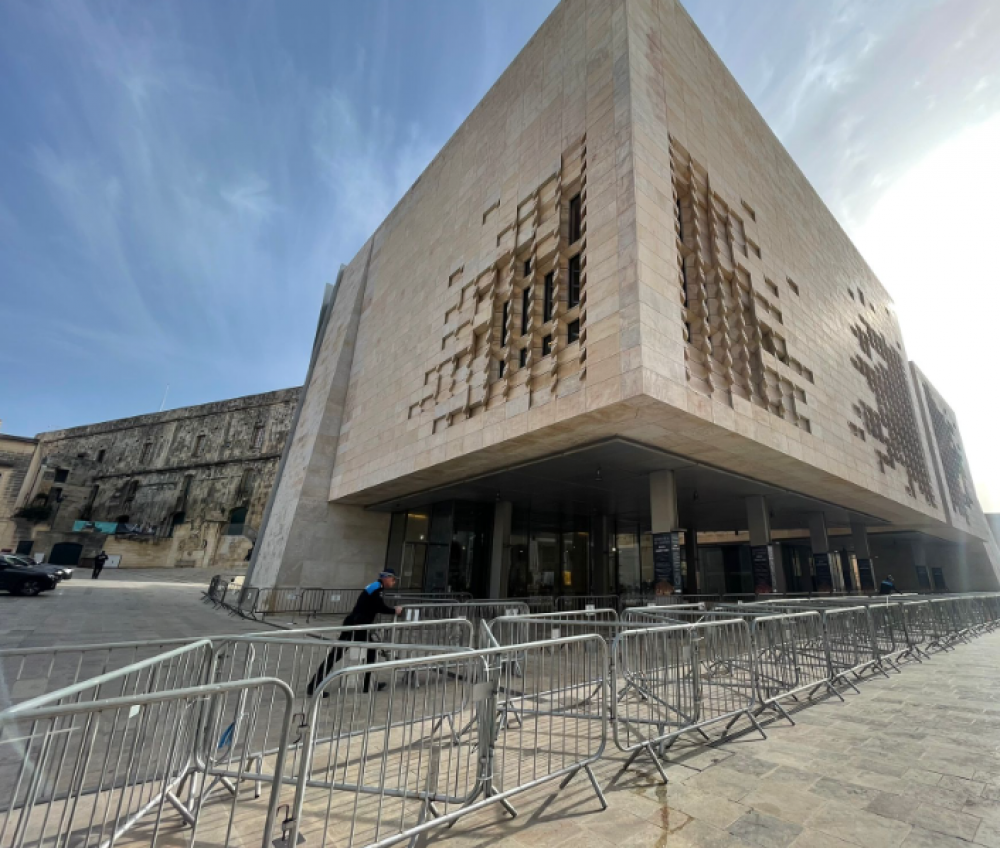Malta Deserves Serious, Transparent, and Representative Governance
Il-Kollettiv reacts to EU Commission report on Rule of Law in the Union.
The findings of the European Commission's annual report on the Rule of Law in the European Union confirm that "Malta deserves serious, transparent, and representative governance."
In its reaction to the report, il-Kollettiv notes the European Commission's call for the Constitutional reform process to be reactivated by the President of the Republic after it stalled in 2019.
"This reform is necessary to have a modern, strong democracy that truly is representative of the entire society. The President's message in her inaugural speech was clear, and this process must not continue to be undermined by the two big parties," said Cyrus Engerer, deputy secretary of Il-Kollettiv, who explained that the European Commission directly referenced parliamentary and state broadcasting reforms in its report.
"We believe that before the next general election, various reforms including those of the electoral system, the party financing law, the operation of parliament and of the executive, as well as the broadcasting sector are essential," said Engerer.
There needs to be transparency in the governance of our country where citizens have continuous access and participation in the decisions being made. "In our country, not only do citizens lack organised access to how they can participate in the legislative process, as noted by the European Commission, but at every level of governance, even journalists are deprived of information and public documents that are of interest to anyone living in Malta," he said.
It is time for Freedom of Information requests in Malta to be taken seriously by the government and authorities who, to date, are more interested in hiding public documents that should naturally be accessible to everyone. "We also believe that a Transparency Register should be introduced, which every politician in our country should be subject to. Meetings held by politicians with people and organisations representing interests are meetings conducted on behalf of citizens and therefore all information about them should be in the public domain."
Wayne Flask, secretary of Il-Kollettiv, emphasised the need to reintroduce a degree of sobriety in governance. "The Maltese government cannot ignore the recommendations made by public inquiries, which sometimes it has even requested itself. It is shameful how three years after the inquiry was published following the assassination of Daphne Caruana Galizia, practically all the recommendations remain only on paper without any action or implementation."
Whilst agreeing with the European Commission that the recommendations arising from the inquiry into the fight against corruption should be implemented immediately, we stress that immediate reform is needed in the Permanent Commission Against Corruption, which, according to the European Commission, "has yet to yield any tangible results."
"To have serious, transparent, and representative governance, we believe we cannot wait any longer for Malta to have a Human Rights Commission and an essential change in the Whistleblower Act to protect all those who fight against wrongdoing," concluded Flask.
Il-Kollettiv is proposing the following on a short-term basis:
The launch of an electoral reform process;
The launch of a parliamentary reform process;
A serious reform of the Party Financing Law;
A broadcasting reform;
The creation of Transparency Register for politicians and those in public service;
Requests filed under the Freedom of Information Act should be subjected toan obligation to respond;
A reform of the Permanent Commission Against Corruption;
The establishment of a Human Rights Commission under the President or the Ombudsperson;
Suitable protection for whistleblowers.
